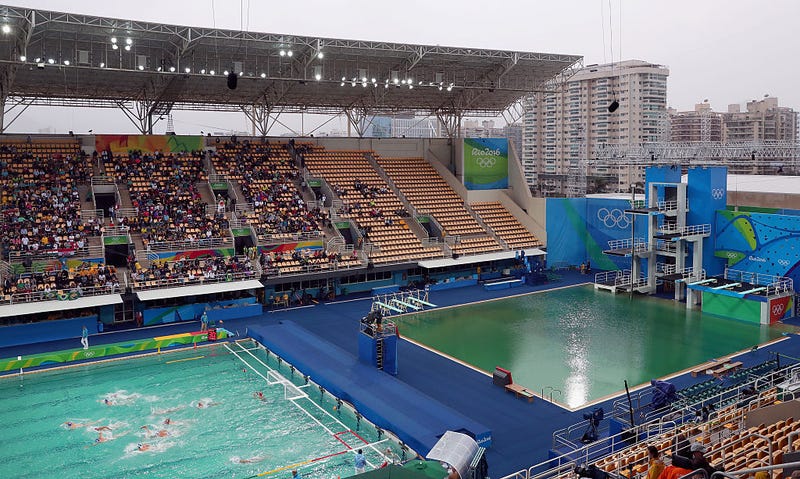Could Your Pool Turn Green, Like The Olympic Pool In Rio?
Posted by poolplantcourses.com on Thursday, August 25, 2016,
In :
Pool Water Chemistry
Overchlorination - How to deal with it and get the pool open for business again!
Posted by poolplantcourses.com on Friday, July 22, 2016,
In :
Pool Water Chemistry
Not bothering with water balance tests? You're asking for trouble!
Posted by poolplantcourses.com on Thursday, May 19, 2016,
In :
Pool Water Chemistry
What is pH and Why is it so Important?
Posted by poolplantcourses.com on Monday, April 25, 2016,
In :
Pool Water Chemistry
Dichlor and Trichlor
Posted by www.poolplantcourses.org on Tuesday, January 17, 2012,
In :
Pool Water Chemistry
Balanced Water Testing
Posted by poolplantcourses.org on Monday, December 19, 2011,
In :
Pool Water Chemistry
Source Water
Posted by poolplantcourses.org on Saturday, December 17, 2011,
In :
Pool Water Chemistry
The Total Alkalinity Family
Posted by poolplantcourses.org on Saturday, December 17, 2011,
In :
Pool Water Chemistry




